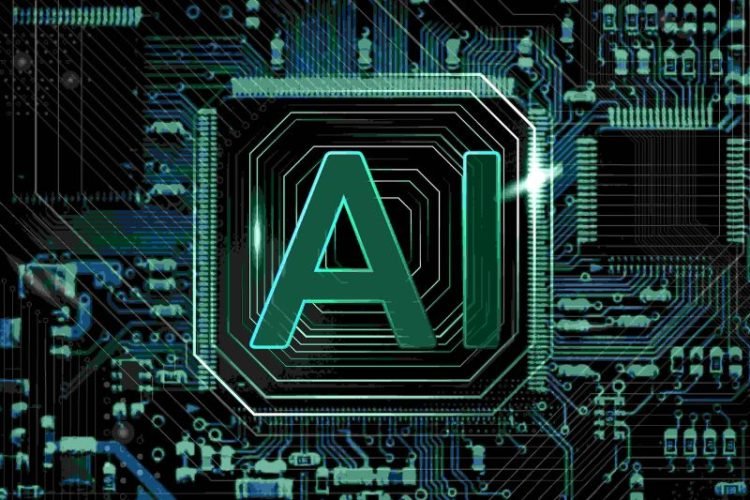Table of Contents
ToggleIn the fast-paced landscape of technological advancements, Artificial Intelligence (AI) continues redefining boundaries, and one of its most intriguing applications is script generation. AI script generators have revolutionized the creative process from screenplays to marketing content. As we gaze into the future, it’s imperative to dissect the trends shaping the destiny of AI script generators.
The Evolution of AI Script Generators
AI script generators have come a long way since their inception. Initially, they were rudimentary tools, capable of producing basic scripts with limited coherence and creativity. However, with the advent of deep learning and natural language processing (NLP), these generators have transcended mere novelty to become indispensable tools for writers, marketers, and creators across industries.
Cutting-edge Technologies Driving Future Trends
1. Advanced NLP Algorithms:
Future AI script generators will harness more sophisticated NLP algorithms, enabling them to comprehend context, tone, and intent with unprecedented accuracy. This advancement will result in scripts that meet and exceed human expectations regarding coherence and relevance.
2. Generative Adversarial Networks (GANs):
GANs, a type of AI architecture, have garnered significant attention for their ability to generate realistic content. In script generation, GANs will empower AI to produce scripts that mimic human creativity to an astonishing degree. This technology promises to blur the line between human-generated and AI-generated content.
3. Contextual Understanding:
Understanding context is crucial for creating compelling scripts. Future AI generators will delve deeper into contextual understanding, considering variables such as audience demographics, cultural nuances, and current trends. This contextual awareness will produce scripts that resonate more deeply with their intended audience.
Applications Across Industries
1. Entertainment:
In the entertainment industry, AI script generators are poised to disrupt traditional scriptwriting processes. Directors and producers can leverage these tools to quickly generate drafts, explore alternate storylines, and even predict audience reactions. This efficiency accelerates the production timeline and opens doors to experimentation and innovation.
2. Marketing and Advertising:
AI script generators are invaluable assets for marketers and advertisers seeking to craft compelling narratives that resonate with their target audience. These generators can analyze consumer data in real time, enabling brands to tailor their messaging for maximum impact. As AI evolves, we expect more personalized and persuasive marketing campaigns powered by AI-generated scripts.
3. Education and Training:
In education and training, AI script generators are revolutionizing content creation. From e-learning modules to interactive simulations, these generators can produce engaging scripts that facilitate immersive learning experiences. By customizing content based on individual learning styles and preferences, AI script generators are enhancing the effectiveness of educational materials.
Ethical Considerations and Challenges
As AI script generators become more ubiquitous, addressing the ethical considerations and challenges is essential. Issues such as copyright infringement, algorithmic bias, and the potential for misuse require careful consideration and proactive measures. Additionally, there is a pressing need for transparency regarding the origin of AI-generated content to maintain integrity and trust.
The Future of Creativity
Contrary to popular belief, AI script generators are not replacing human creativity; instead, they are augmenting it. These tools empower writers to focus on higher-order thinking and innovation by automating repetitive tasks and offering creative insights. The symbiotic relationship between AI and human creativity will continue flourishing, giving rise to a new storytelling and content creation era.
Conclusion
The future of AI script generators is brimming with possibilities. From advancements in NLP algorithms to the widespread adoption across industries, these tools are reshaping how we create and consume content. As we embark on this innovation journey, we must remain mindful of AI-driven technologies’ ethical implications and challenges. By harnessing the power of AI responsibly, we can unlock unprecedented opportunities for creativity and collaboration, propelling us towards a future where the boundaries of imagination are limitless.
Zainab Afzal is a senior SEO Consultant and Writer. She has 5+ years of experience in Digital Marketing. After completing his degree in BS computer science, she has worked with different IT companies.





